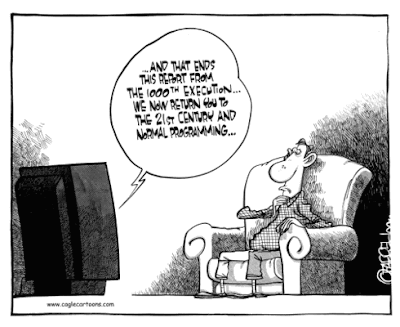Communist Vietnam's secret death penalty conveyor belt: How country trails only China and Iran for 'astonishing' number of executions

Prisoners are dragged from their cells at 4am without warning to be given a lethal injection Vietnam's use of the death penalty has been thrust into the spotlight after a real estate tycoon was on Thursday sentenced to be executed in one of the biggest corruption cases in the country's history. Truong My Lan, a businesswoman who chaired a sprawling company that developed luxury apartments, hotels, offices and shopping malls, was arrested in 2022.










